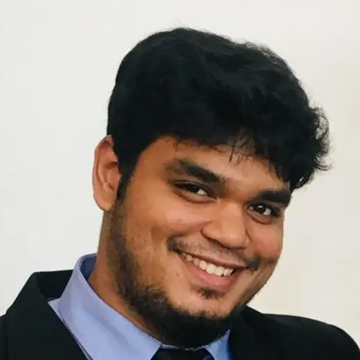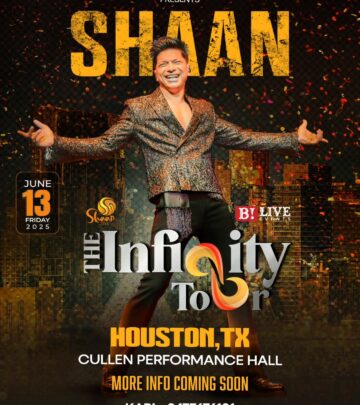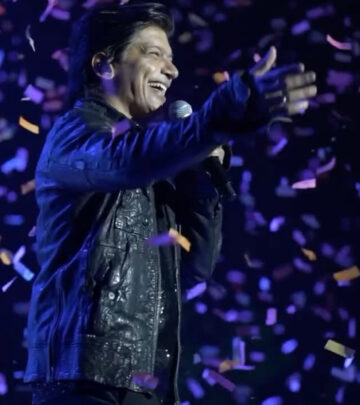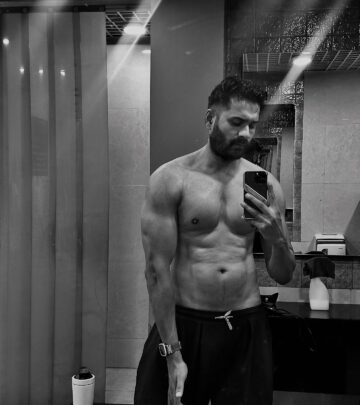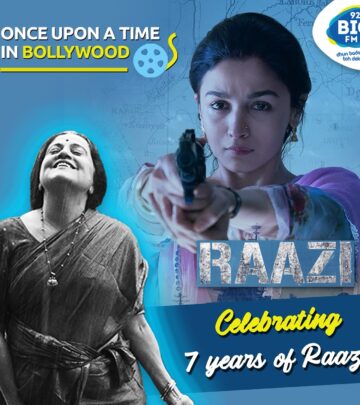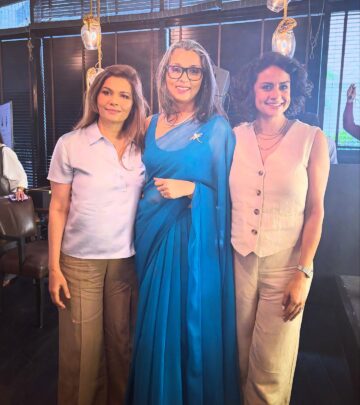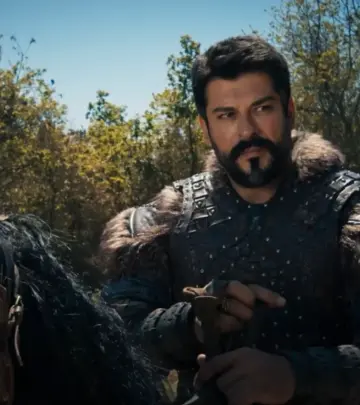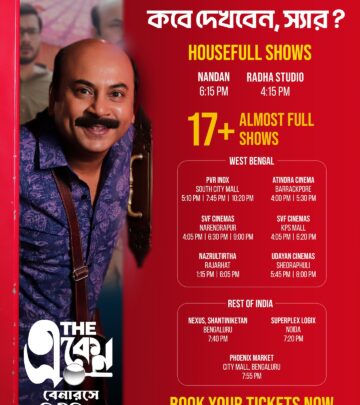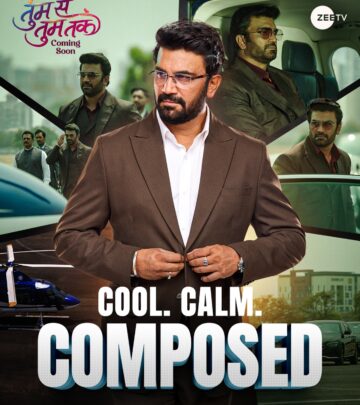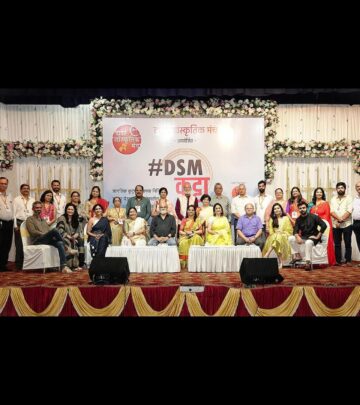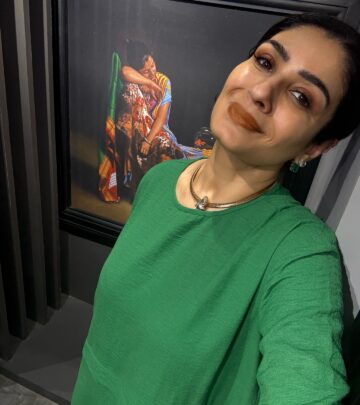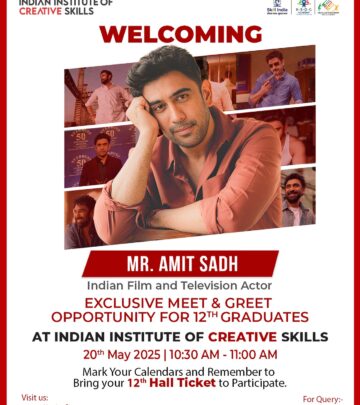Shaan Ponders Tagore’s Views On Modern Patriotism
Renowned singer Shaan muses on Tagore's perspective amid today's fervor of national pride!
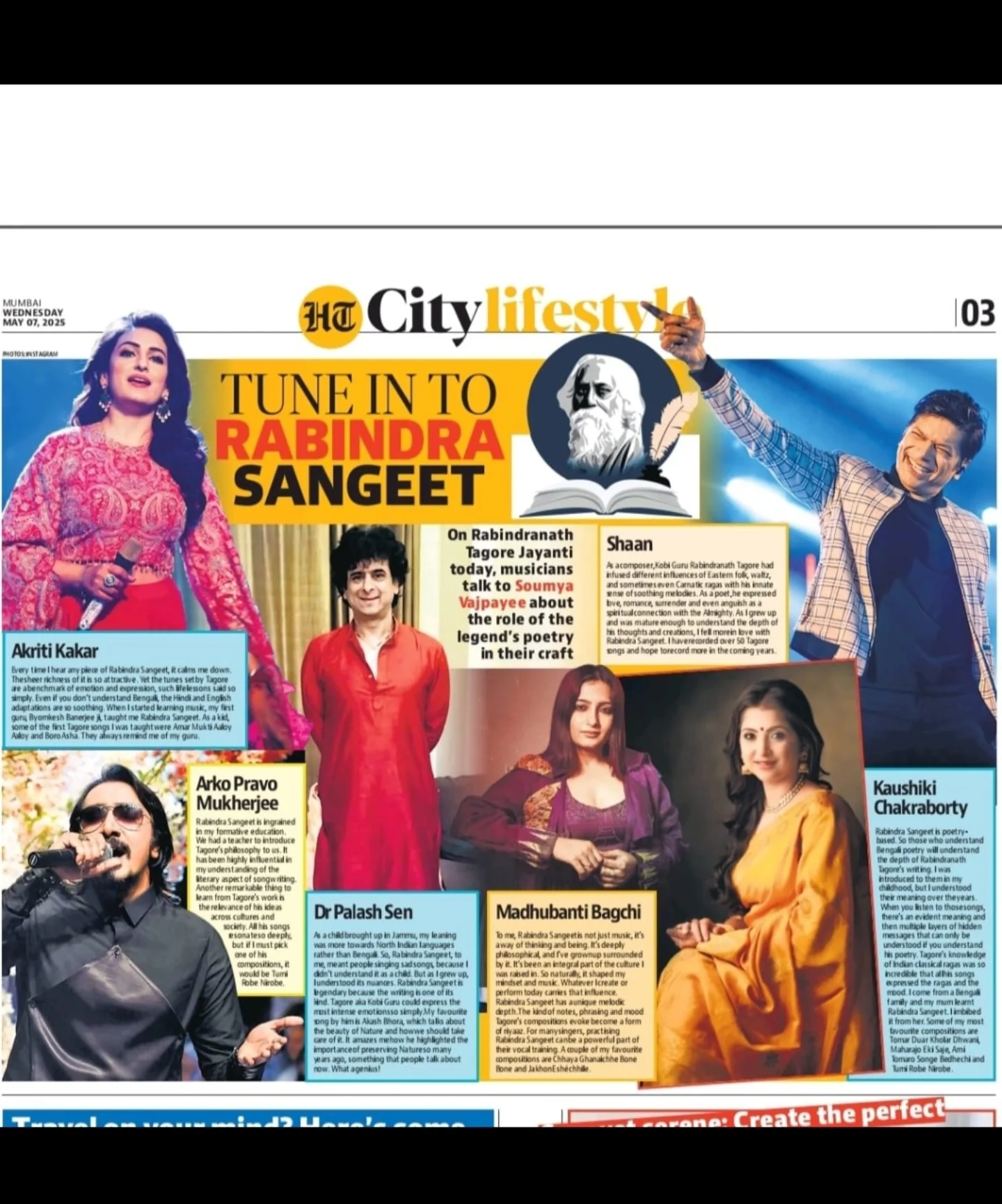
Image: Instagram
In a thought-provoking Instagram post that has quickly caught the attention of fans and critics alike, popular singer Shaan, known by his handle @singer_shaan, poses a reflective question: what would Rabindranath Tagore say if he were alive to witness today’s circumstances? The post, accompanied by evocative images, serves as both a nod to Tagore’s timeless wisdom and a mirror reflecting contemporary themes of patriotism and nationalism in a rapidly changing India.
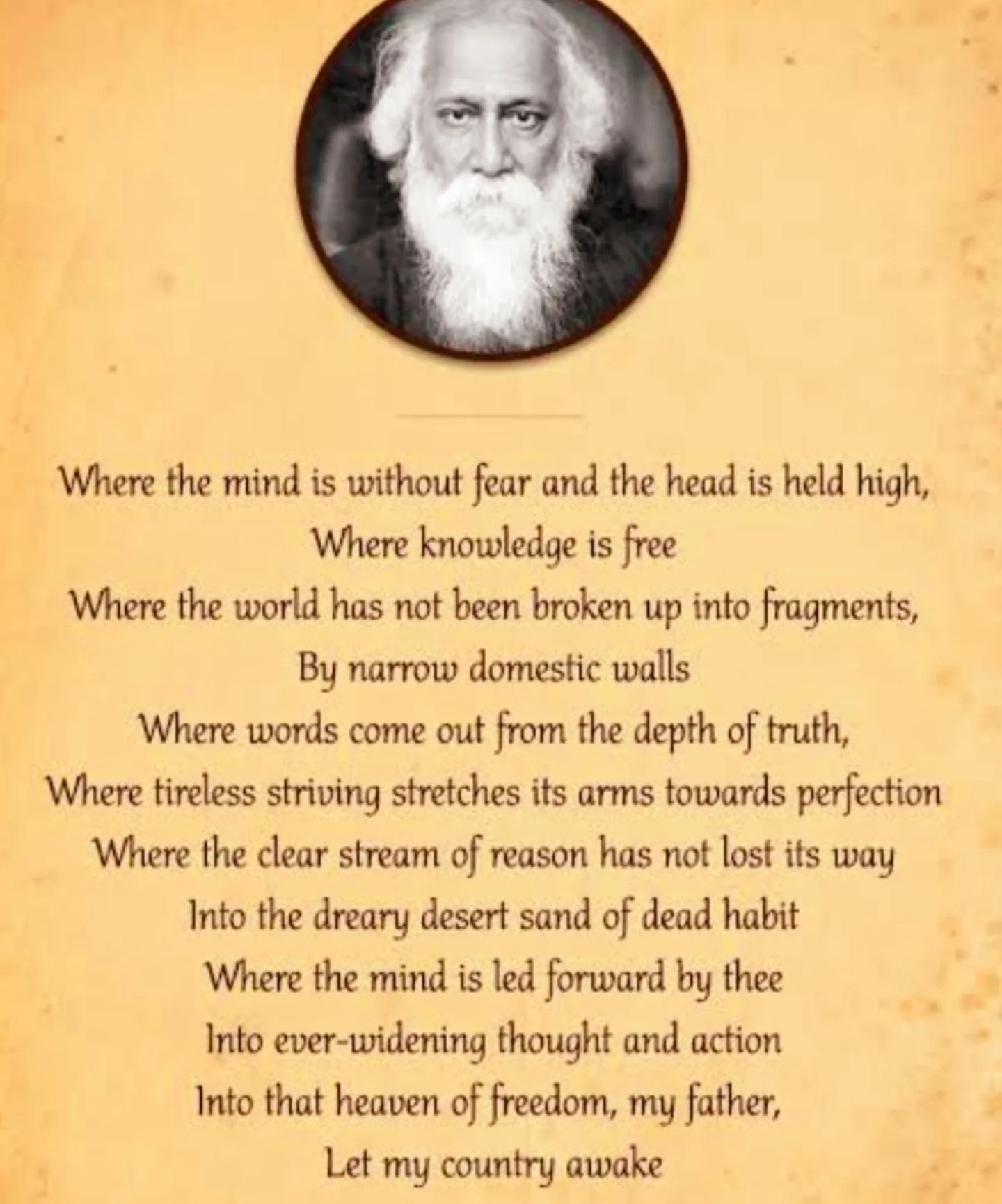
A Moment Of Reflection In Modern Times
Shaan’s caption, “Wondering what Tagore would have to say if he was alive to witness today’s circumstances,” resonates with many who see parallels between the poet’s ideas and current events. The legendary Rabindranath Tagore, whose writings continue to influence Indian thought and art, often explored themes of humanism, freedom, and nationalism. In today’s climate—where patriotism and nationalism are at the forefront of public discourse—Shaan’s inquiry invites us to re-examine what these ideals truly mean in a modern context.
The post is not merely a superficial nod to the past; it is a thoughtful invitation for dialogue. By juxtaposing Tagore’s introspective legacy with the vibrant pulse of today’s socio-political atmosphere, Shaan encourages his followers to consider the evolution of patriotic sentiments. His reflective question hints at an underlying debate about whether the spirit of traditional nationalism can coexist with today’s globalized, digital society.
Shaan’s Journey And Musical Legacy
Shaan, a celebrated playback singer with decades of experience in the Indian music industry, has long been admired for his ability to connect with audiences through his soulful voice and meaningful lyrics. Over the years, he has not only entertained millions but also engaged in conversations that bridge art and social commentary. His extensive career, which includes numerous hits and live performances, reflects both his artistic versatility and his capacity to mirror the prevailing sentiments of society.
The relevance of his question is underscored by his social media presence. His prior posts, which include heartfelt messages like “Har baar Fanaa hojata hoon aap sab par!” and energetic announcements for his tours, illustrate his consistent engagement with his fans and his willingness to share deeper reflections amid celebrations of music and performance. With this recent post, Shaan steps beyond the realm of pure entertainment to touch upon a more serious cultural matter—how the ideals of patriotism and nationalism have transformed over time.
Tagore’s Enduring Influence
Rabindranath Tagore’s legacy is steeped in the rich tapestry of Indian cultural history. His work, characterized by an eloquent blend of romanticism and revolutionary ideas, continues to inspire debates on identity, nationhood, and the individual’s role in society. Many critics and cultural observers believe that Tagore’s vision of a unified, inclusive India remains relevant, especially as the nation navigates the complexities of modernity.
Shaan’s question is timely. As India positions itself amidst global challenges and local aspirations, reflections on national identity are more poignant than ever. His post has sparked a series of conversations online, with fans and intellectuals debating whether Tagore’s philosophy of cosmopolitan patriotism can offer a counterbalance to some of the more rigid forms of nationalism seen today.
Public Reactions And Cultural Dialogues
The response on social media has been vibrant, with numerous fans and commentators engaging in a dialogue that crosses generations. Many have lauded Shaan’s ability to weave cultural introspection into his public persona, while others have offered their own interpretations of what Tagore’s response might be. This interaction underscores a broader trend among contemporary Indian celebrities, who increasingly use their platforms to comment on societal issues beyond music and film.
For instance, previous posts by Shaan have often showcased his energetic stage presence during his tours across North America, reflecting on the diverse cultural threads of his audience. His ability to transition from the exuberance of live performances to thoughtful, reflective posts demonstrates an evolving role for artists in India—one that transcends mere entertainment and veers into the realm of cultural commentary.
The Intersection Of Art And National Discourse
Art and culture have always been powerful vehicles for social commentary. In the current era, where digital communication amplifies every expression, messages like Shaan’s serve as important reminders of our cultural heritage and contemporary challenges. His post not only revitalizes Tagore’s spirit but also encourages a rethinking of what patriotism means today—a blend of pride, critique, and continuous evolution.
Moreover, discussions sparked by such posts play an important role in modern discourse. They invite diverse perspectives from fans, scholars, and everyday citizens, thereby democratizing a debate that was once the sole domain of literary and political elites. By asking what Tagore might say today, Shaan bridges the gap between classical literature and modern-day issues, emphasizing that the quest for national identity remains a complex, ongoing conversation.
Conclusion
In an era marked by rapid social, economic, and political changes, Shaan’s reflective query offers a moment to pause and reassess the depths of our national sentiment. Through his thoughtful Instagram post, he not only pays homage to one of India’s most revered literary figures but also ignites a dialogue about the evolving nature of patriotism. As audiences continue to engage with his message, it is clear that the intersection of art, culture, and national identity remains as relevant today as it was in Tagore’s time.
This post is a reminder that great art does more than entertain; it provokes thought and invites us to question, reflect, and ultimately grow as a society.
Read full bio of Glendon Moss

